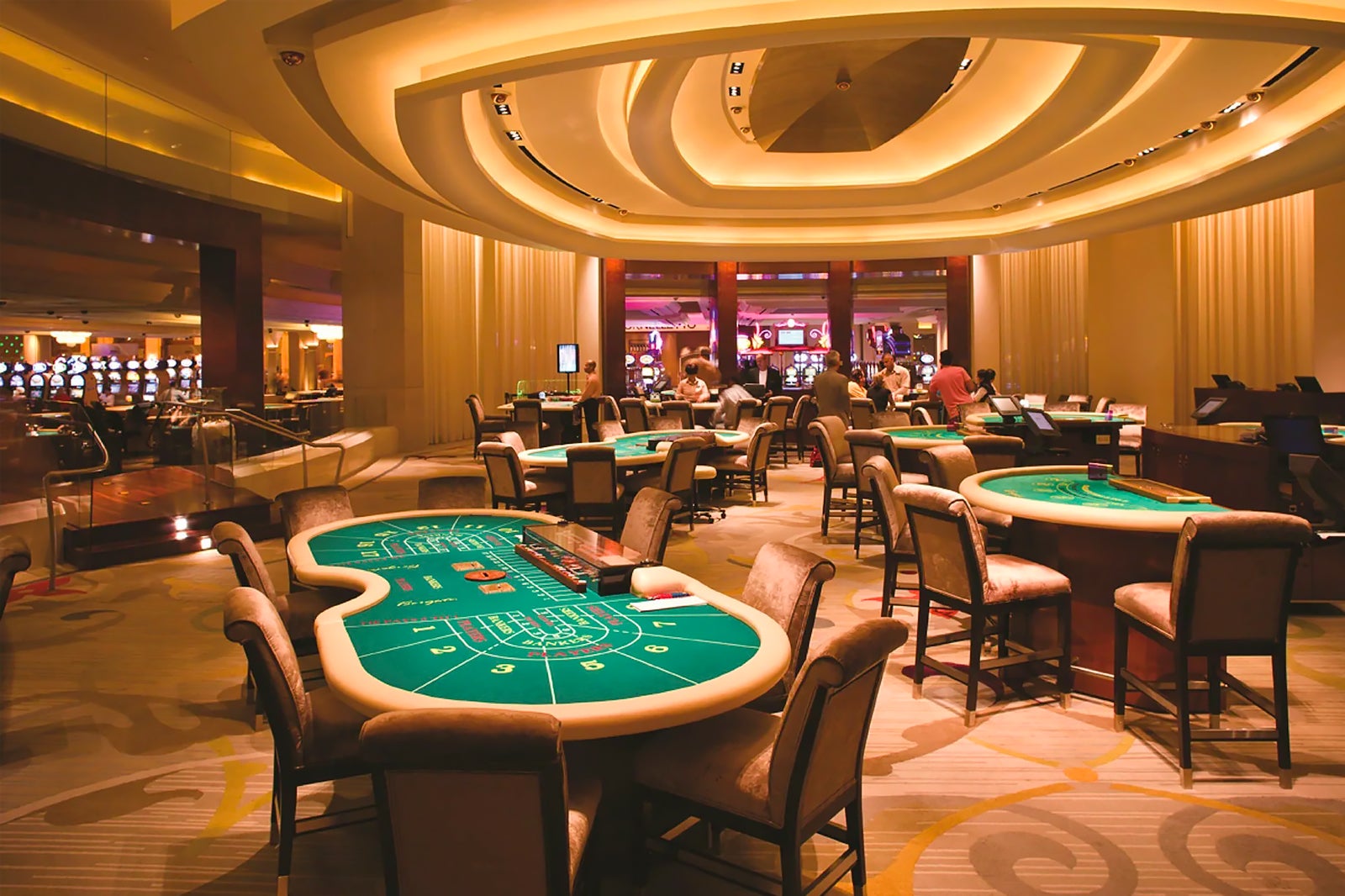
Casino gaming has long been a subject of fascination and debate, drawing in millions of players globally. With a blend of chance, skill, and the thrill of risk, casino games offer an exciting escape from everyday life. However, as entertainment becomes ever more available, it invites a deeper examination of the morality surrounding these games.
At the heart of the debate lies the issue of whether casinos promote responsible gaming or exploit at-risk individuals. The allure of potential winnings versus the truth of losses can create a complex situation, and understanding this balance is crucial for both players and operators. As we delve into the ethics of casino gaming, we will explore the duties of casinos, the effects on society, and the measures that can be taken to foster a better gaming environment.
The Impact of Casino Gaming on Society
Casino gaming has a significant influence on the community, affecting not only the economy but also social behaviors and local frameworks. The funds generated from casinos can lead to job creation and boost local economies, as they provide various employment opportunities in multiple fields including hospitality, leisure activities, and shopping. However, while the economic advantages can be significant, communities often grapple with the possible negative impacts that arise from higher gambling activity.
Additionally, the presence of casinos can lead to an increase in gambling addiction, presenting significant challenges for individuals and families. The excitement of casino games can quickly transform into a habitual habit, affecting connections with others and leading to financial instability. tx88 com Many players may struggle with the loss of control over their gambling behaviors, resulting in a need for assistance programs and help to address this increasing issue. The social cost of gambling addiction can extend through families and neighborhoods, creating an urgent need for sensible gambling approaches.
In addition to the economic and social consequences, casino gaming often reflects cultural attitudes towards uncertainty and entertainment. It can foster a sense of excitement and leisure, attracting tourists and boosting tourism. However, this allure may also conceal the wider implications of gambling as a form of entertainment, raising ethical questions about its advertisement and accessibility. As communities weigh the benefits and drawbacks of casino gaming, the need for responsible practices and regulation becomes increasingly critical in ensuring that the positive aspects are maximized while reducing the potential harms.
Moral Concerns in Gambling Practices
The ethics of gambling gaming often revolve around the potential for dependency and its effects on individuals and households. Betting can lead to significant monetary distress, impacting not only the gamblers but also their families. As individuals become caught in the allure of winning, many lose track of their financial limits, which can result in catastrophic results such as bankruptcy. This raises ethical questions about the responsibility of gambling establishments in fostering safe gaming practices and providing support for those who may be dealing with betting addiction.
Another critical concern is the advertising of gambling to at-risk groups. Casinos often aim at low-income individuals or neighborhoods with the offer of fast rewards, which can perpetuate patterns of poverty and hopelessness. In this situation, the morality of advertising strategies used by gambling establishments come under scrutiny, as they may take advantage of the need of people seeking an escape from economic troubles. This manipulation raises moral questions about the honesty of the betting industry and its obligation to safeguard its most vulnerable customers.
Additionally, the impact of gambling operations on society as a whole cannot be ignored. While some argue that casinos create employment and boost local economies, others point to the community costs associated with dysfunctional gambling, increased criminal rates, and a burden on public services. Balancing financial advantages with the potential for community issues presents a challenging moral dilemma for policymakers and gambling operators alike. The difficulty lies in finding a responsible approach that prioritizes the well-being of individuals and society while still allowing for the enjoyment of gambling activities.
Regulation Framework and Responsibilities
The legal structure surrounding casino activities is developed to ensure justice, integrity, and player security. Multiple government entities and casino commissions set and implement regulations that dictate how gambling games operate, the guidelines for game creation, and the procedures for processing winnings. These regulations change by region but usually involve permit requirements for operators and strict measures to stop deception and fraud.
In also to oversight bodies, gaming establishments bear major responsibility in upholding moral standards within their venues. They must adopt ethical player practices that encourage participant safety and consciousness, including providing self-exclusion options and providing information about the hazards related to gaming. Casinos are also accountable for instructing staff to identify signs of problem gambling and know the appropriate actions to assist visitors in distress.
Furthermore, clarity in casino operations is crucial for earning and preserving public trust. Operators should offer clear information about the probabilities of activities, advertising deals, and any related risks. By creating an atmosphere of honesty and trust, casinos can help lessen the possible negative impact of betting while enhancing the general gaming experience for all players.
